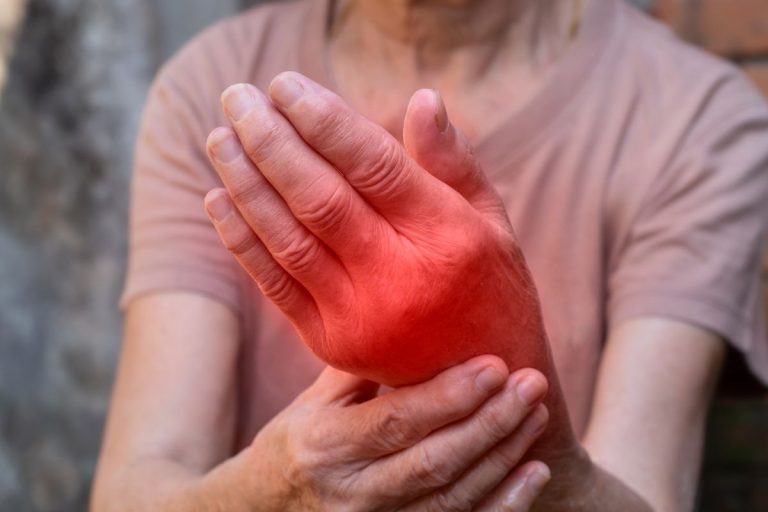The heart is the engine that keeps the body moving, pumping blood and supplying all organs with oxygen and nutrients. If your heart is functioning normally, you may not notice it, but when it starts to fail, it can send out pain signals that shouldn’t be ignored. Knowing the warning signs that your heart may not be working properly is important for your overall health and well-being.
In this article, we will examine six common symptoms of heart failure.
1-Chest pain or discomfort:
Chest pain, discomfort or weakness can be a warning sign of heart problems. The pain can spread to the arm, neck, nose or back and is often accompanied by difficulty breathing, sweating and diarrhea.
2-Shortness of breath:
Sudden and unexplained breathing, especially during exercise or sleep, may indicate heart problems. Symptoms such as heart failure or coronary artery disease can cause these symptoms.
3-Arrhythmia:
Irregular heart rhythms, also known as arrhythmias, can cause palpitations, palpitations, or a tingling sensation in the chest. If you have a persistent or new arrhythmia, it is important to see a physician.
4-Fatigue:
Unusual and excessive fatigue, especially if it is severe and does not improve with rest, can be a sign of heart problems. Heart disease can reduce the heart’s ability to pump blood efficiently, leading to weakness and fatigue.
5-Swelling:
Swelling of the feet, legs, feet or abdomen can be a sign of heart failure. This happens when the heart cannot pump blood properly, causing fluid to build up in the arteries.
6-Nausea and dizziness:
Sudden nausea or dizziness may be associated with heart problems, especially if it occurs during exercise or after waking up. This may be due to low blood pressure caused by an irregular heartbeat or other heart problems.
If you notice any of these warning signs, it is important to proceed with medical attention immediately. Heart problems can range from mild to severe, and early diagnosis and treatment are critical to maintaining heart health and preventing serious complications. Always consult your doctor for a thorough examination and diagnosis.

